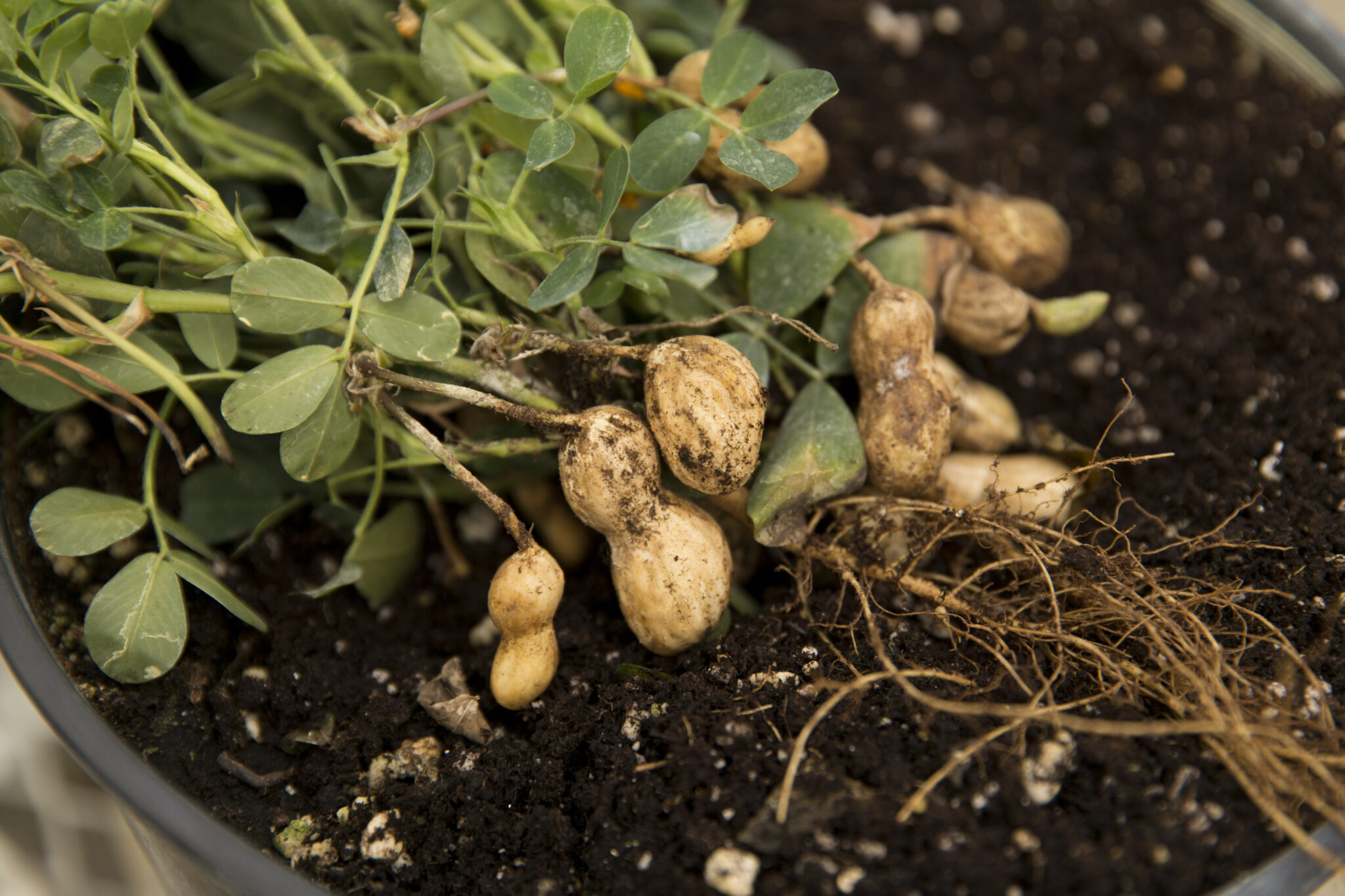By Faith Peppers
University of
Georgia
Morris, a 10-year-old fifth-grader, first became interested in cooking when he won a free cooking lesson at Young Chef's Academy in Roswell, Ga. "It was so much fun," he assured. "When can we go there again?"
Cooking can be fun for kids. And University of Georgia experts say the things children do for fun can be educational, too.
Knowing how your child learns is key to selecting meaningful after-school activities that reinforce classroom lessons.
"Most children have some combination of different learning styles," said Diane Bales, a UGA Cooperative Extension child development specialist. "They can learn in different ways in different situations. But most of us do have a 'preferred' style in which we feel most comfortable and learn most easily."
Know style
There are three basic learning styles: visual (seeing, watching, reading), auditory (hearing, listening) and kinesthetic (moving, touching, doing)."There are some simple quizzes and charts that spell out the different styles," Bales said. Online self-assessments can help reveal a child's learning style, too.
Once you find how your child learns best, select activities that cater to his preferred style.
Pick proper programs
Visual learners may prefer reading books about their interests or visiting museums, zoos or historical sites. Auditory learners may benefit from attending plays, watching educational television or taking guided tours. And art or cooking classes or discovery museums are helpful for kinesthetic learners.These types of programs are in great demand. Parents flock to the Red Door Playhouse in Roswell, Ga., for after-school and summer programs for children.
"When I was kid, we'd spend summers riding bikes," said Red Door's co-owner Leah Decker. "Today, parents look for programs that keep their children's minds engaged."
Decker, an artist with a degree in early childhood development, runs Red Door with her husband Seth, who graduated from the Boston University Theatre Conservatory. The couple averages 160 students ages 5-14 per semester in art and drama after-school programs. More than twice that attend summer camp programs.
"We try to open their minds and just let their ideas fly," Decker said. "We tap into their creativity and help them think through stories so they have a beginning, middle and end."
Students practice language arts skills learned in school by creating characters and plays. They work on social skills such as teamwork, listening and problem solving as they write plays, design costumes and create sets. They practice speaking in front of people, too, when they perform their play.
"No matter what you do in life, you need to be able to speak before a crowd," Decker said.
Focus on fun
Across town at the Young Chef's Academy, dozens of children like Daniel Morris put their math and science skills to work in fun-filled cooking classes."It's the practical application of math and science skills that they work on here," said Leticia Baeza, Young Chef's general manager. "They're already learning fractions as early as first grade now, but only the theory of what a faction is. Here they measure in fractions and really get to see what a fraction looks like. We teach the 'why' of the facts they learn in school."
Cooking helps kids learn about plants and other cultures, too. "Every week we explore a different country or a different region of this country," Baeza said. "We learn about the culture, the foods they eat, the spices and herbs they use and even a few words of other languages."
Traditional after-school programs such as 4-H and Boy and Girl Scouts offer school children hands-on applied education in a wide range of interests, too. To find out more about 4-H, contact your county UGA Extension office at 1-800-ASK-UGA1.






